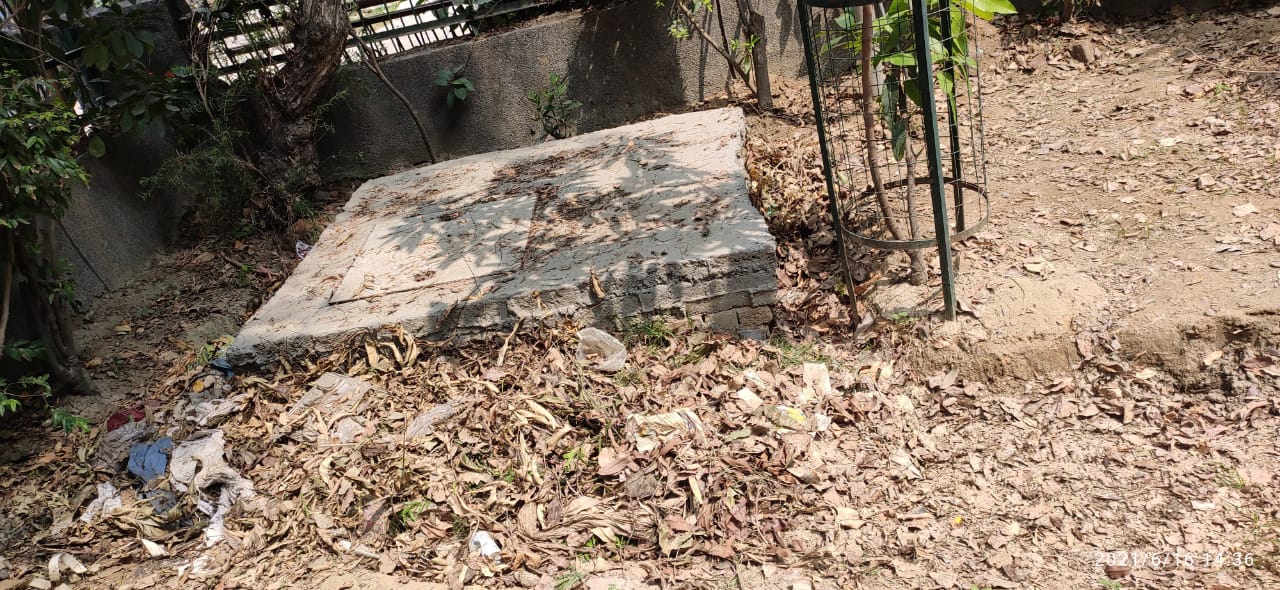A primer for RWA office bearer

- Oct 07 2020
- by GCI Desk
Green Clean India columnist Raveesh Singhal discusses in detail about the various facts and legal aspects that require a person in the position of responsibility in the apartment or neighborhood management system to know. The writer deals in detail about the common confusions that the apartment office-bearers face and possible solutions for it. This column also shows light on the various nuances involved in the running of the Resident Welfare Associations.
What does it take to be a responsible part of the Resident Welfare Association (RWA)? Is it a position of privilege or a place which requires consistent dedication and tenacity? What are the roles of an RWA office bearer and what are the legal attributes of it? Before we deal with the work responsibilities, let us first understand what is a Resident Welfare Association all about.
Legal definition of RWA
A Resident Welfare Association in Delhi and several other cities in India is typically registered under the Societies Registration Act,1860. Though, this act has been amended on several occasions in various states as per their requirements and local realities, mostly they are governed by constitutional documents such as a Memorandum of Association which contains their objectives and functions. An RWA is a voluntary association made by residents and they don’t have any statutory powers.
Being defined as societies, Resident Welfare Associations can pass their own rules and regulations to define their powers, functions, governance structure, names of office bearers. However, RWA is a legal person too as defined by the Act and can sue and be sued as well.
From the above discussion, it is amply clear that taking care of society’s by-laws, addressing any disputes over management of the colony or maintenance of common areas and other such issues is one of the responsibilities of the RWA.
Comparison of Powers of RWAs and Co-operative Housing Societies
When compared to the power of co-operative housing societies, the powers of Resident Welfare Associations are very limited. There are no statutory powers as they are voluntary organizations created to manage residents’ interest. While a Co-operative housing societies have various powers such as the power to give permission or refuse for transfer of a multi-storey flat by a member. It also has the power to expel a member for non-payment of the society’s dues.
Who can be a RWA member
Membership of RWA is open to any person who has attained the age of majority and has interest in the development of the society and abides by terms and conditions of the society without any discrimination of the religion, caste, creed or colors but subject to the approval of the governing body. And most importantly, it includes tenants too. The rule also makes it very clear that a person is not a member just by the virtue of him residing in a particular locality. Proper registration is required in a prescribed form.
However, the governing body of the society can refuse any person for the membership provided. Reasons for refusal is to be communicated to the person concerned in writing with reason. Any member can get his membership terminated on grounds such as, if a member of the society is working against the aims and objects of the society. Death, resignation or if a member fails to attend three successive meetings of the general body without intimation in writing can also result in the termination of the membership. Every member has a right to participate in the membership general body meeting. Besides, the person also has the right to vote at the meeting of the society. Every member is entitled to participate in the meetings, functions and get-together programs of the society.
Office bearers
Though, there could be variations as per state rules, the structure of the governing body consists of the President, Vice-President, General Secretary, Secretary, Treasurer, Finance Advisor and Executive Members (as required and as per the strength of the society. The power and duties of office bearers are quite clearly mentioned in the Societies Act. It says that the President shall preside in all the meetings of the general body and the governing body. In the case of equality of votes in any meetings, the President will vote on a draw and he also supervises the work of other office bearers from time to time. The Vice-president, in the absence of the President, enjoys all powers and duties which are entrusted to the President. The General Secretary will represent the society in public and private offices. He is entitled to keep all types of records of the society including the registration of members containing their names, addresses and other brief particulars. The Secretary, in the absence of the General Secretary, enjoys all powers and duties which are entrusted to the General Secretary. The Treasurer collects subscription, gifts, grants-in-aid and donations from the members and the general public and is to be made responsible for keeping and maintaining the true and correct accounts of the society’s fund. The Executive Members will assist in the day to day work of the society as directed by the President and General Secretary.
Some common issues faced by RWA officer bearers
Being an office bearer of your RWA is certainly a recognition of your outspoken and hardworking attributes. It also entails with it a huge opportunity to impact the society and your neighborhood positively. However, there are some common problems faced by many office bearers across the country. I would try and list a few of them here for everyone to read and contemplate.
The pain of collecting maintenance expenses from the members is one of the common areas of concern of many office bearers I meet. Even though everyone knows that the basic purpose of such maintenance expenses is to keep some money to cater for repair and replacement of common areas and facilities along with administrative work, many residents don’t give their maintenance fee on time. Here we have a solution. Many RWAs in the country have used technology positively to solve this issue of non-compliance to subscription norms. This system removes the embarrassment of office bearers to repeatedly seek monthly funds from defaulters. If the residents don’t pay within the stipulated time limit, the online system would add late fees automatically.
Similarly calculating maintenance charges is another area of concern. While some societies have a fixed maintenance charge, others obtain maintenance charges as per the square feet owned by the residents. It leads to doubts over the whole concept. Application of new age technology and atomizing the whole process can simply the procedure and keep the society dispute free.
The use of parking areas can be an area of concern between residents and the office bearers. Most resident grievances of the parking area are because of wrong parking from other members and their guests. Formulation of rules and regulations for monitoring of parking and provide adequate parking facilities. Have guidelines demarking parking areas for each resident and common guest parking areas. Anyone floating the rules must be fined irrespective of the person involved. The security officer can be entrusted with ensuring the same round the clock.
While there is no one-size solution for all the concerns of running an RWA, we all must realize that there must be transparency in place when it comes to using the funds for maintenance and repair. Proper sharing of timely information with members through proper mediums like SMS, websites, notice boards are prerequisites for the healthy running of an RWA.
Green Clean India invites your suggestions and topics for discussion. You can mail to us at editor@greencleanindia.com.
About the author:CA Raveesh Singhal (F.C.A., B.Com.(H)), a practicing Chartered Accountant for the last 21 years providing services in the field of Audit, accounting and Taxation. Started as a CA firm catering to Small & Medium Scale Enterprises (SMEs) and has gradually increased client base which now includes Corporates and financial institutions.

LEAVE COMMENT HERE
COMMENTS (2)
LATEST ARTICLES
-

-
 Saving water one drop at a time
Saving water one drop at a time- Oct 07 2020
-
 Lifestyle changes for sustainable living
Lifestyle changes for sustainable living- Oct 07 2020
MOST POPULAR ARTICLES
-
 A primer for RWA office bearer
A primer for RWA office bearer- Oct 07 2020
-
 Why is a RWA registration important?
Why is a RWA registration important?- Oct 07 2020
-
 MAKING YOUR SOCIETY AGE-FRIENDLY
MAKING YOUR SOCIETY AGE-FRIENDLY- Oct 07 2020
KLM Rahul
Dec 01 2024I think just like applying for a PAN card (https://thepancardstatus.com/new-pan-card-apply-online/), becoming an office bearer of a Resident Welfare Association (RWA) requires a formal process and clear understanding of roles. Just as applicants must submit necessary documents for a PAN card, an RWA office bearer must follow the society's rules and regulations to ensure transparency and smooth operations. Both processes highlight the importance of proper documentation, responsibility, and adherence to legal requirements to ensure efficiency and accountability.
Prabodh RWA
Oct 16 2020very useful article for any Housing society.